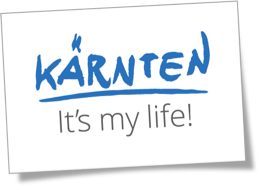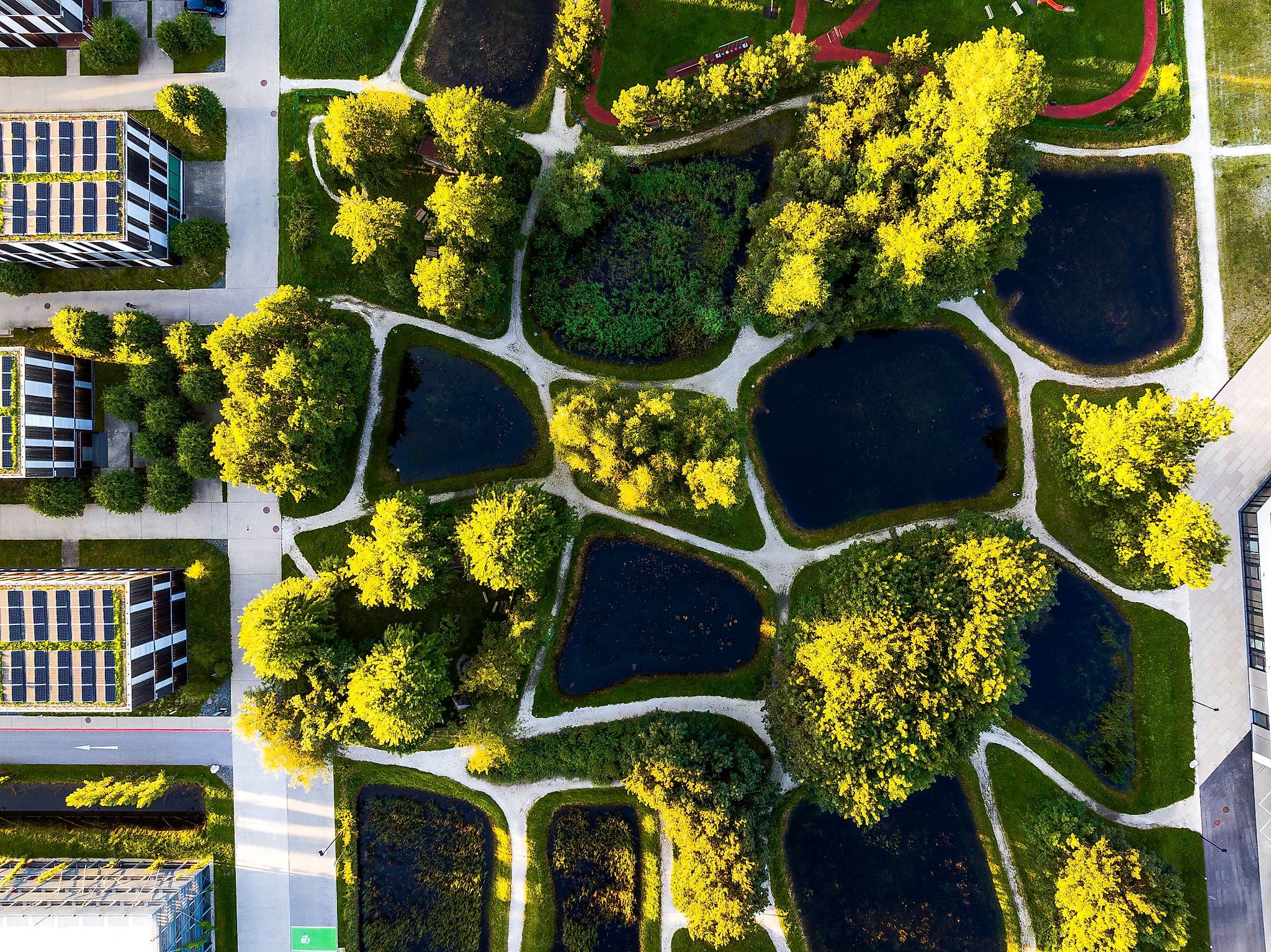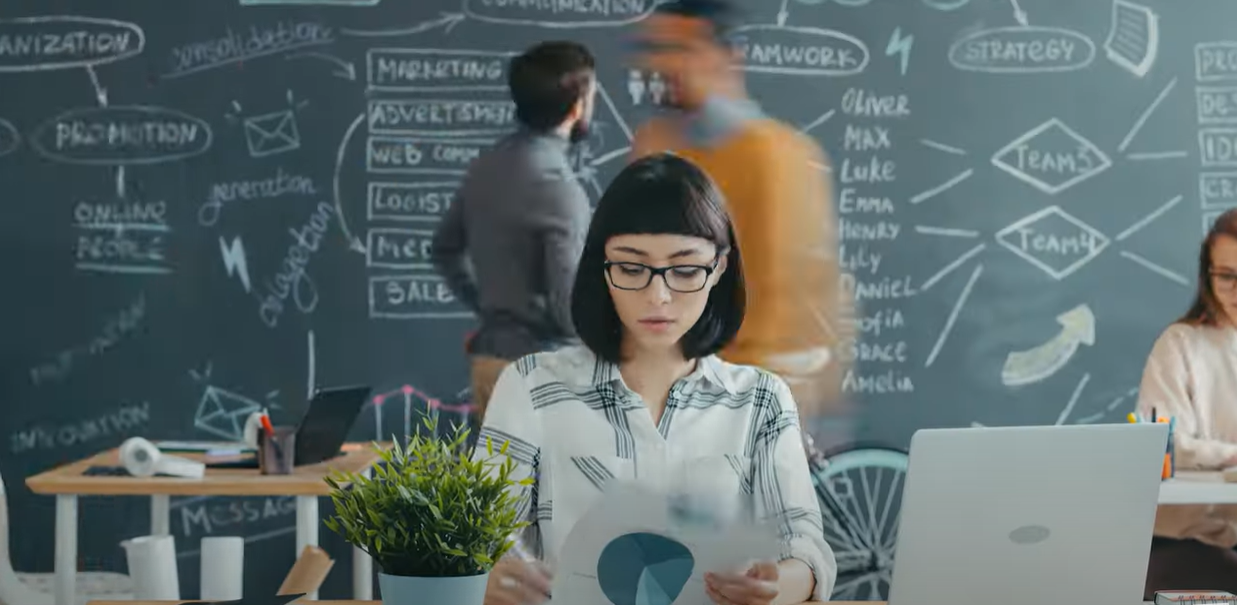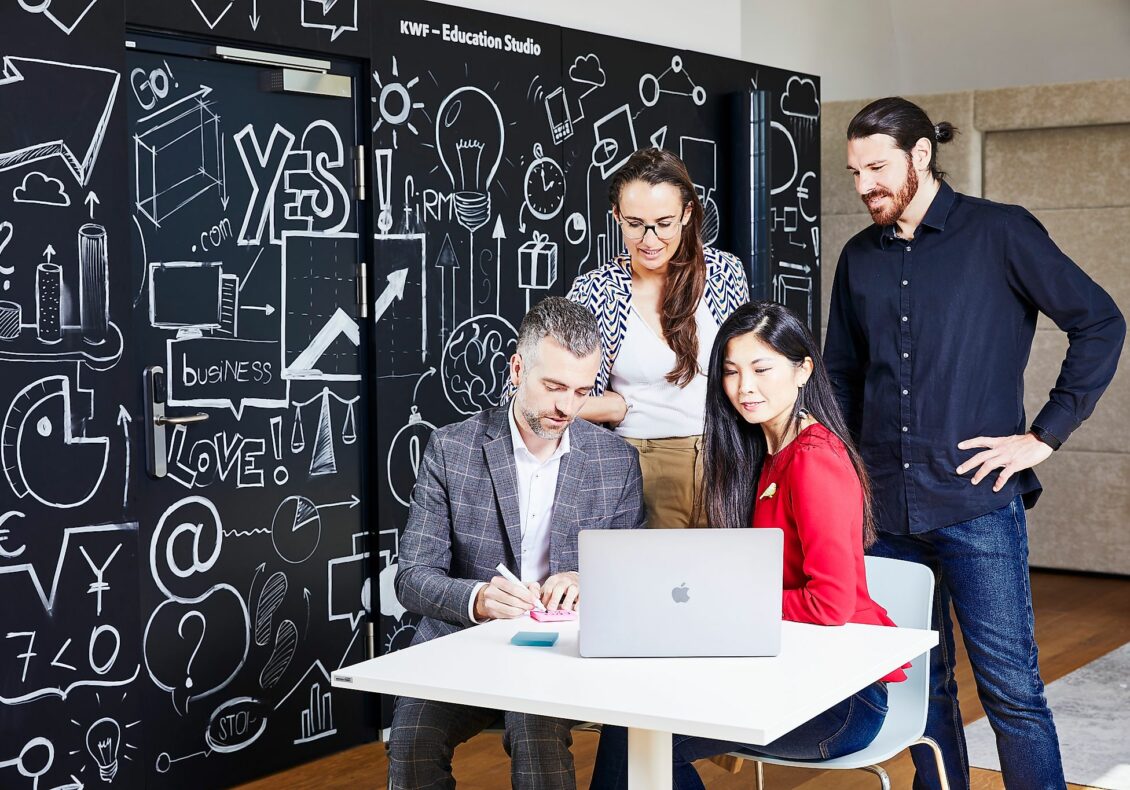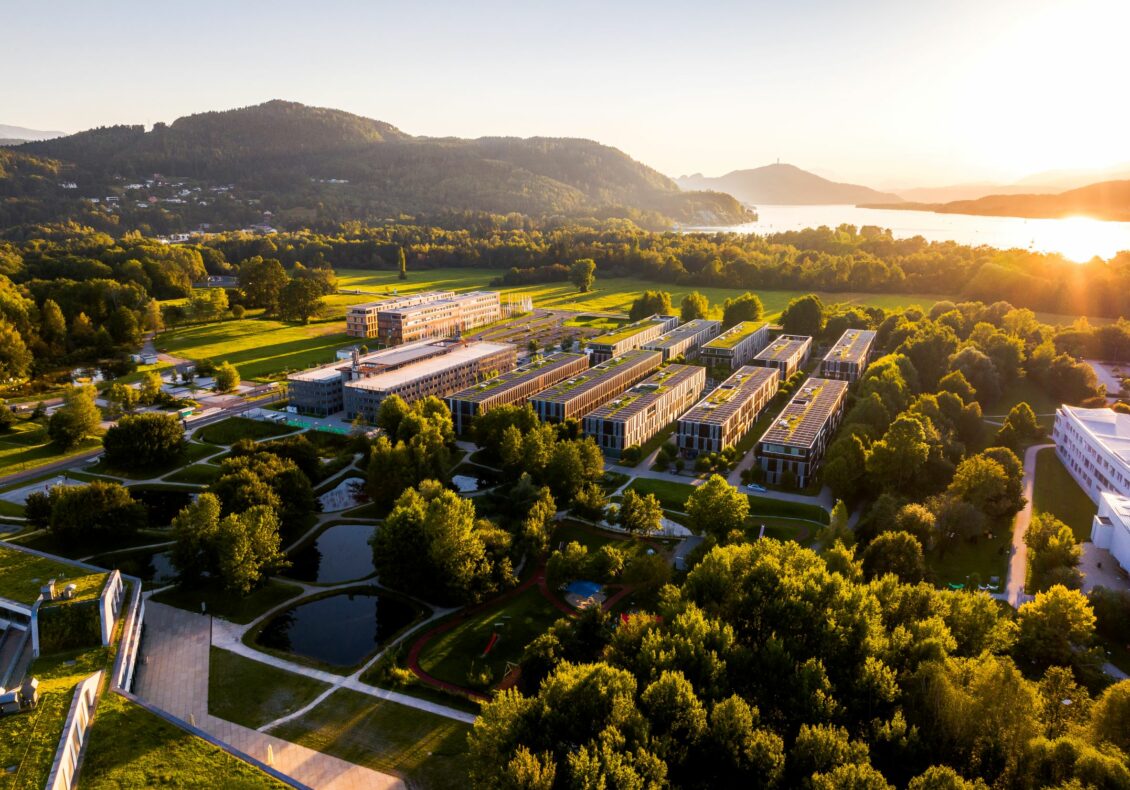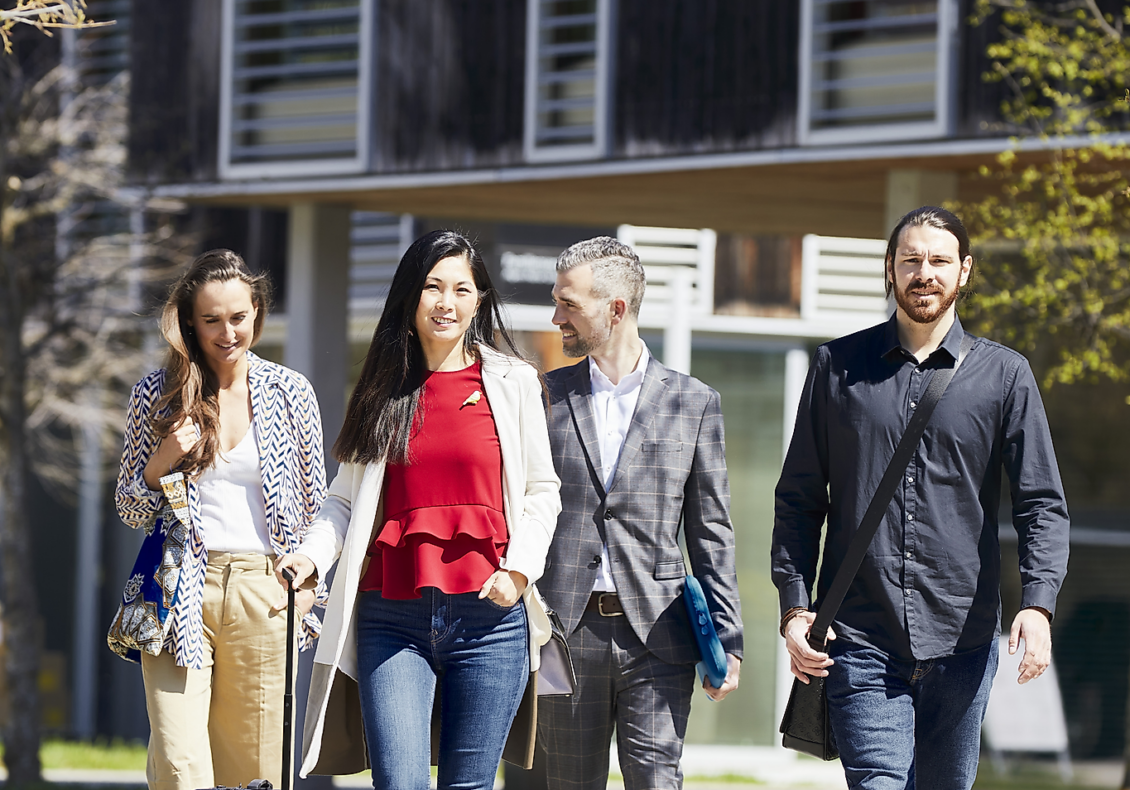Carinthia.com: Wenn es um Standorte zum Gründen geht, fallen einem in Europa Hotspots wie Berlin, London oder Barcelona ein. Warum sollte man auch Kärnten im Kopf haben?
Jürgen Kopeinig: Auf den ersten Blick sind wir in Kärnten ein bisschen benachteiligt, weil wir zum Beispiel keine technische Universität haben. Dadurch fischt man einfach in einem anderen Fischteich, wenn man sich zum Beispiel mit Wien vergleicht, wo die Technische Universität rund 26.000 Studierende hat. Aber in Relation dazu entsteht bei uns gar nicht so wenig. Das liegt auch daran, dass wir schon seit 2012 in größeren Dimensionen denken und dazu den Begriff des trilateralen Start-up Ökosystems geprägt haben. Wir nutzen also den Drei-Länder-Standort, den wir in Kärnten haben und haben sehr intensive Verbindungen nach Italien, zum Beispiel in die Regionen Friaul-Julisch Venetien, den Veneto und Südtirol und nach Slowenien als ganzes Land.
Was bedeutet das konkret?
Kopeinig: Auf Basis von Projekten sind wir in sehr engem persönlichem Austausch. So wollen wir die Idee des Alpe-Adria-Raums, der ja auch historisch gewachsen ist, auf den Bereich Start-ups übertragen. Ein Beispiel dazu: Ein slowenisches Start-up möchte in den DACH-Markt eintreten. Dann kann Kärnten die Anlaufstelle sein, die das ermöglicht, mit einem Coworking Space zum Beispiel, also ganz niederschwelligen Angeboten. Oder andersherum kann ich für ein Kärntner Start-up, das eine neue Technologie für Waschmaschinen entwickelt, die Verbindung schaffen zu einer Firma wie Gorenje in Slowenien. So kann Kooperation oder sogar Kollaboration entstehen.
Das ist etwas, womit wir uns positionieren können gegenüber Hotspots wie London. Heutzutage, in unseren remote work-Welten, muss ich nicht unbedingt in einer teuren Metropole leben, um mit einem Start-up Erfolg zu haben. Ich kann auch am Wörthersee sitzen, da gibt es den Business Beach mit WLAN und allem, was ich brauche und kann da wunderbar arbeiten in der herrlichsten Umgebung. Das ist eine Chance für diesen Raum.
Welche Voraussetzungen sind in Kärnten noch besonders gut?
Kopeinig: Das sind sicher die kurzen Wege, die man da nennen muss. Bei uns ist Gründen nicht so komplex und kompliziert. Wir haben nicht 25 Inkubatorstrukturen wie vielleicht in Wien oder München, sondern einen Inkubator, der für die technologieorientierten Start-ups zuständig ist und eine Gründungsstelle mit der Wirtschaftskammer. Da kann man sich viele Wege sparen. Es ist also alles etwas kleiner und ich glaube, auch das Konkurrenzdenken ist weniger als in großen Hotspots, wo ich stärker im Wettbewerb stehe. Auch die Stabilität an Personen, die für Start up-Themen zuständig sind, ist sehr gut. Viele machen das schon sehr lang und so kennt man sich. Damit kann man sich oft auf kurzem Weg abstimmen und manche Dinge gehen schneller. Das zeichnet den Standort sicher aus. Und was man auch nennen muss: Die Fördermöglichkeiten sind sehr gut.
Auch ein funktionierendes Netzwerk ist für ein Start-up Ökosystem wichtig. Wie sieht es da in Kärnten aus?
Kopeinig: Wir haben mehrere Ebenen, wenn man so will. Da ist im direkten Umfeld das Kärntner System, das immer enger zusammenrückt. Das hat mit der Plattform „Startnet Carinthia“ 2015 begonnen, mit der wir Gründungsinteressierten eine übergreifende Anlaufstelle bieten wollten. Dafür haben sich alle öffentlichen Institutionen, die Gründungsangebote haben, zusammengeschlossen und einen stärkeren Austausch begonnen und sich auch auf operativer Ebene abgestimmt. Daraus haben sich aktuell zwei Dinge entwickelt: Wir führen erstens unseren Ideenwettbewerb „90 Seconds“ nach einigen Jahren Pause wieder durch und dabei werden alle Stakeholder um das Gründungsgeschehen eingebunden. Zweitens führen wir eine neue Plattformlösung ein, das „Kärnten Gründungsnetzwerk“ über die Plattform Acterio. Die Idee ist, das Gründungsnetzwerk übersichtlich und aktuell abzubilden und damit für jeden Nutzenden einen Mehrwert zu generieren.
Wenn wir dann aus dem Kärntner Umfeld herausgehen und in größeren Dimensionen denken, kommt das trilaterale Start-up Ökosystem ins Spiel, das ich eingangs bereits erwähnt habe. Daneben sind wir mit dem build! noch auf österreichischer Ebene Teil von „AplusB“. Das steht für „Academia Plus Business“ und ist ein österreichisches Inkubator-Netzwerk. Kärnten bildet gemeinsam mit Organisationen und Institutionen aus Vorarlberg, Tirol und Salzburg „AplusB South-West“. Gemeinsam möchten wir als zentrale Anlaufstelle in den jeweiligen Bundesländern für forschungs- und technologieorientierte Gründungsprojekte wahrgenommen werden und uns als essenzielle Player für wachstumsorientiere Start-ups in Österreich und den benachbarten Regionen positionieren. Wir tauschen uns auf Basis konkreter Themen aus. Das funktioniert sehr gut und wird auch in anderen Bundesländern schon deutlich stärker wahrgenommen – das finde ich sehr spannend.
Sie haben mit dem build! Gründerzentrum schon eine ganze Menge Gründer*innen begleitet. Welche sind Ihnen besonders in Erinnerung geblieben?
Kopeinig: Das erfolgreichste Start-up, das jemals aus dem build! herausgekommen ist, ist das Bitmovin mit Stefan Lederer, Christopher Müller und Christan Timmerer, das kennt man wahrscheinlich. Ich war damals im Beirat, als wir das Projekt aufgenommen haben ins build! und erinnere mich noch gut, wie wir überlegt haben, ob das Team neben dem Job als Universitätsassistenten wohl genug Zeit haben wird. Da waren wir Beiräte wohl etwas blauäugig, aber zum Glück haben wir uns ja von der Idee überzeugen lassen. Die Entwicklung war sehr spannend und heute ist das ein super Unternehmen. Beeindruckend fand ich auch die Augmensys, die ganz früh schon Augmented Reality eingesetzt und eine Software für die Industrie entwickelt hat, die genau das zeigt, was man braucht, zum Beispiel bei der Wartung einer Industrieanlage. Sehr innovativ ist auch Jutta Isopp von Messfeld, die Lösungen im Bereich der Instandhaltung und Wartungen für Industrieanlagen bietet, und in vielen Projekten sehr engagiert ist. Ich könnte hier einfach weitererzählen und es würden noch viele hier angeführt werden müssen.
Und welche Kärntner Start-ups sollte man aktuell kennen und ihren Weg verfolgen?
Kopeinig: Da fällt mir LoconIQ ein, das ist superspannend. Der Gründer Daniel Neuhold ist ein extrem smarter Typ, arbeitet Tag und Nacht und hat schon ein sehr gutes kleines Team und ist komplett auf dem richtigen Weg. Der ist die nächste Bitmovin, da bin ich mir sicher. Auch interessant ist zum Beispiel Trastic. Durch die Verwendung von 100% Recyclingmaterialien in der Herstellung ihrer nachhaltigen Designmöbel setzen sie auf einen energieeffizienten Zero-Waste-Produktionsprozess und wurden vor kurzem mit dem Preis „KWF.nachhaltig 2023“ ausgezeichnet. Auf einem guten Weg ist auch NeedNect, eine touristische Lösung, die Gästewünsche schon vorher abfragt und dadurch Kosten reduziert und die Kundenzufriedenheit erhöht oder Solution Zero, das ist ein innovativer Dachziegel gegen die Klimaerwärmung. Es gibt aber noch einige mehr, die spannend sind, spontan fallen mir noch Swircle, die reisende Bücherbox, ein und PiktID, die eine Lösung haben für sensible Bilddaten, und da auch mit AI arbeiten. Das sind aber längst nicht alle – es tut sich also einiges in Kärnten und ich bin gern hier, weil es unglaubliches Entwicklungspotential hat, man viel gestalten und bewegen kann und die Begleitung von Gründerinnen und Gründern viel Freude macht.
